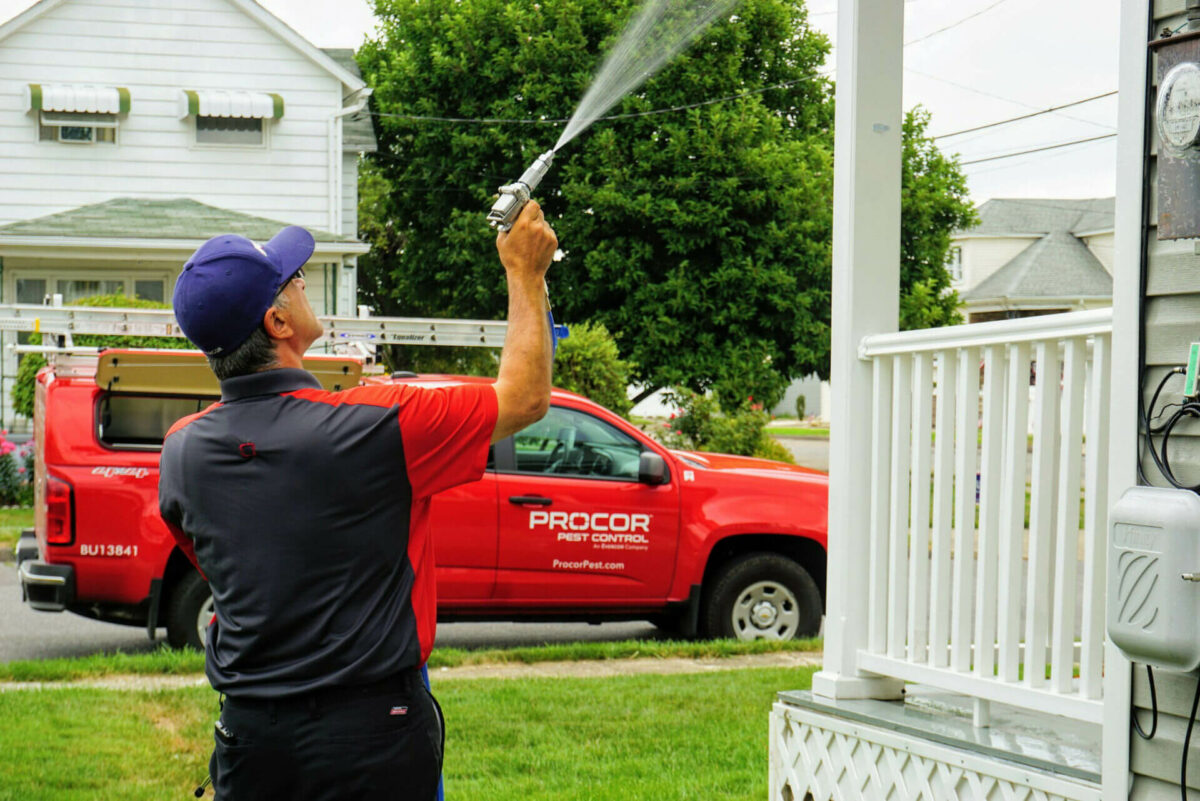Appellant humane societies, potential beneficiaries under a will, sought review of a judgment from the Superior Court of San Mateo County (California), which dismissed appellants’ complaint against respondent attorneys for alleged malpractice in drafting the testator’s will in ambiguous terms.
California Business Lawyer & Corporate Lawyer, Incexplains CACI Malicious Prosecution
Overview
Respondent attorneys drafted decedent’s will, which gave part of the residue of his estate to an organization designated as the “society for the prevention of cruelty to animals.” Appellant humane societies filed claims to a portion of the estate and ultimately filed a class action alleging damage as a result of respondents’ use of ambiguous terms in drafting the willThe trial court sustained respondents’ demurrer to the complaint and dismissed the action, finding that appellants’ complaint did not state a cause of actionThe court affirmed the judgment, rejecting appellants’ argument that respondents owed a duty to appellants, as potential beneficiaries under the will, to make an investigation to determine the true intention of the testator and to draft an unambiguous willAlthough there were ambiguities in the designation of beneficiaries, the court determined that the trust purpose was clear and could be fully implementedFurther, it could not be determined with any degree of certainty that appellants suffered any harm because there was no allegation that the testator actually intended to leave a part of his residuary estate specifically to appellants.
Outcome
The court affirmed a judgment that dismissed a malpractice complaint that was filed by appellant humane societies against respondent attorneysAppellants failed to show that respondents owed a duty of care to them, as potential beneficiaries under a will, to draft an unambiguous willFurther, appellants did not allege that the testator actually intended to leave a part of his estate specifically to appellants.





